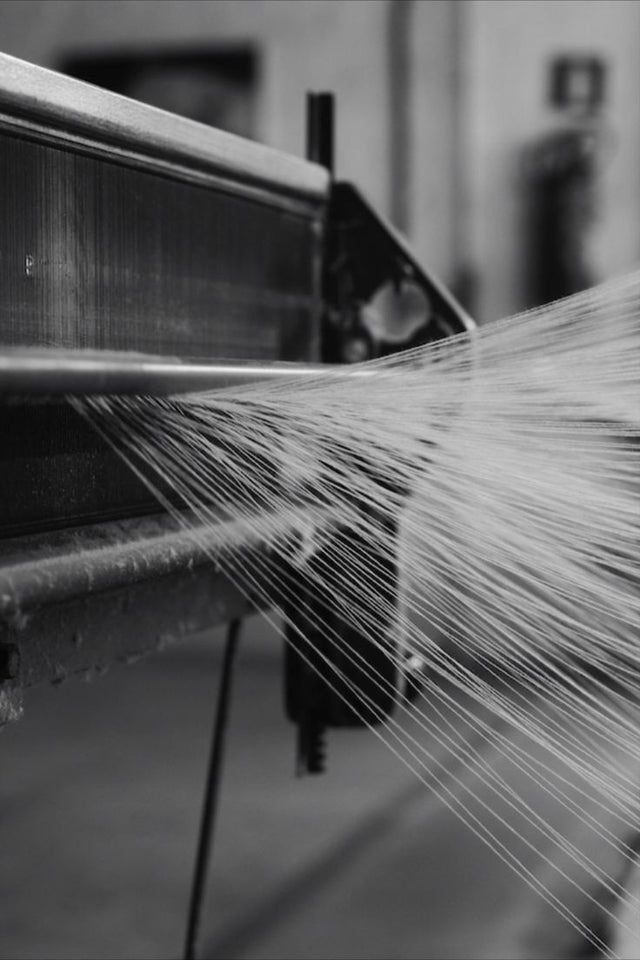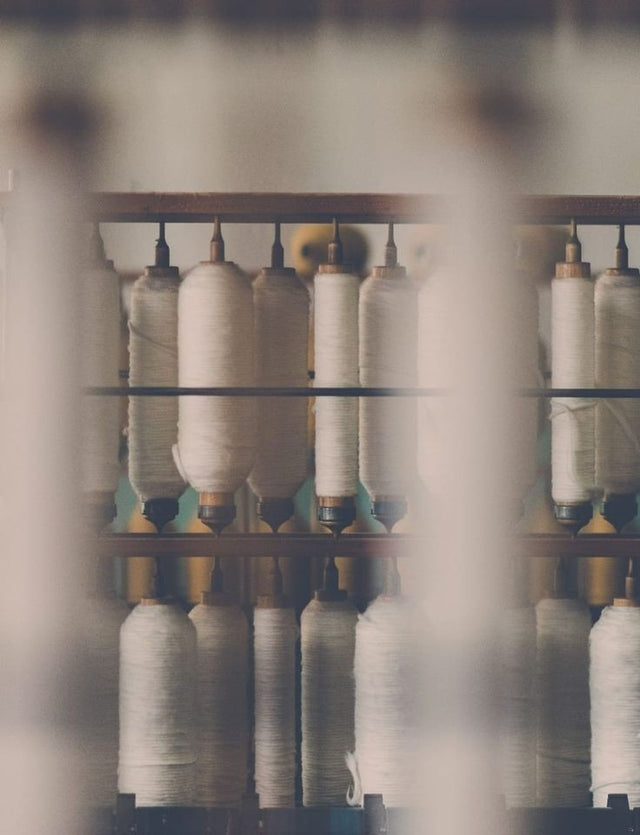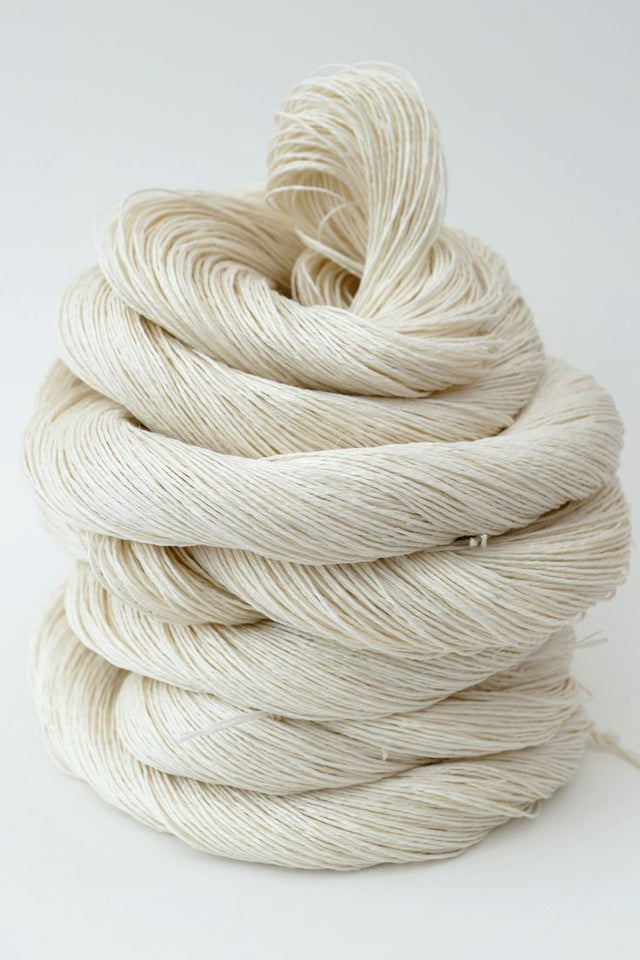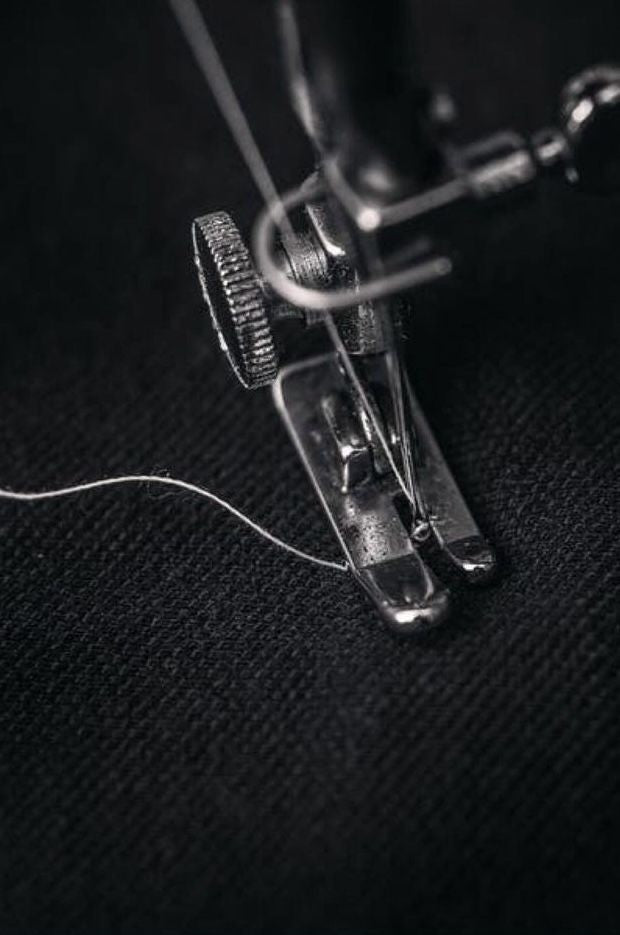About Us
Selera is more than just a brand. It’s a manifesto of a new fashion ethic — created in Ukraine with deep love for people, the planet, and culture.
We emerged in response to the crisis of overproduction, emissions, and fast fashion. In 2020, as the world plunged into global uncertainty, the idea was born — to create clothing and textiles that do no harm. Not a compromise, but a new standard. We believe every garment should have meaning, a story, and a long life.
Selera was founded by a Ukrainian designer Valeriia Semchuk who spent years in the fashion industry — witnessing from within how much waste, toxicity, and short-lived products it creates daily. Inspired by the traditions of cutting, the European zero-waste movement, and her own love for long-lasting garments, she created Selera.
We began with a small line of upcycled pieces made from dead-stock fabrics sourced from European mills. Today, Selera has grown into a brand rooted in circular design, radical transparency, and soulful creation — in harmony with nature.
Sustainability
At Selera, we understand that fashion can be a force for good. Our sustainable fashion principles guide every decision we make, ensuring that we create beautiful, high-quality garments that respect both people and the planet.
Our principles:
1. Eco-Friendly Materials
We use dead-stock fabrics — leftover materials that would otherwise go to waste.
We prioritize mono-materials (like 100% cotton or linen), which are easier to recycle.
All our textiles are biodegradable or suitable for upcycling.
2. Sustainable Packaging
We never use laminated paper or plastic.
Our tags are made from seed paper — plant them and wildflowers grow.
Packaging is fully compostable.
3. Circularity
Our designs are timeless, created to stay relevant for years.
We make transformable pieces you can wear in multiple ways.
We use resale and upcycling to give our garments extended life cycles.
4. Ethical Production
All pieces are sewn in Ukraine at workshops that ensure fair pay.
Upcycling and embroidery are done in Scotland by local partners.
5. Water Preservation
We save up to 70% of water by avoiding new fabric production.
Example: In clothing production, using deadstock (leftover fabrics) helps reduce the need for new materials and minimizes waste. For instance, making a shirt from deadstock fabric can save around 5,000 liters of water, which would typically be required to grow cotton for new textiles. Additionally, this process significantly reduces CO2 and CH4 (methane) emissions since it minimizes the need for energy-intensive production of new materials, which typically produces greenhouse gases. It also helps prevent waste from ending up in landfills.
6. Reduced Transport Footprint
📍 Supply chain route:
Fabric from France → Production in Ukraine → Delivery to customer.
This streamlined logistics model minimizes CO₂ emissions from transport.







